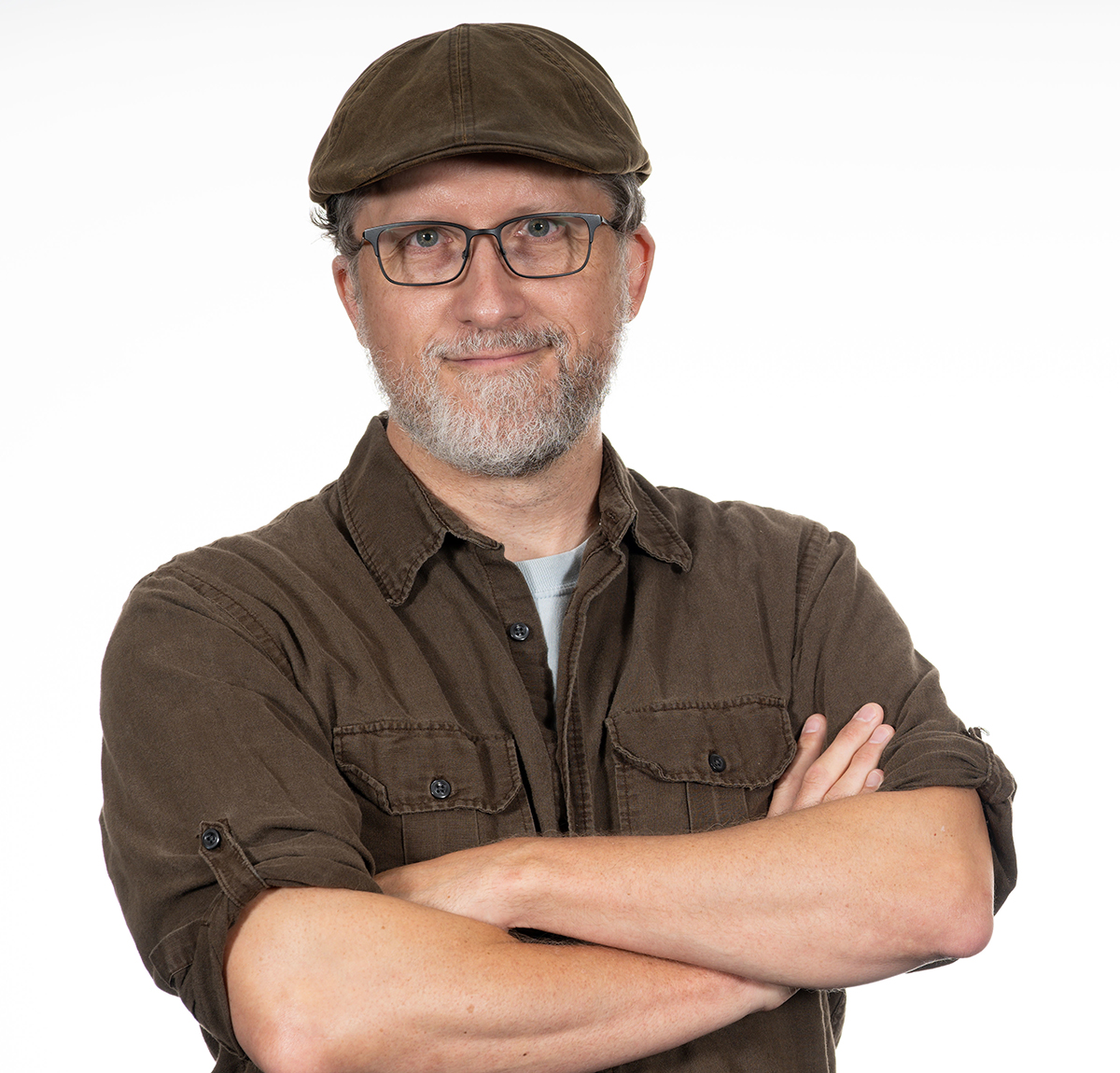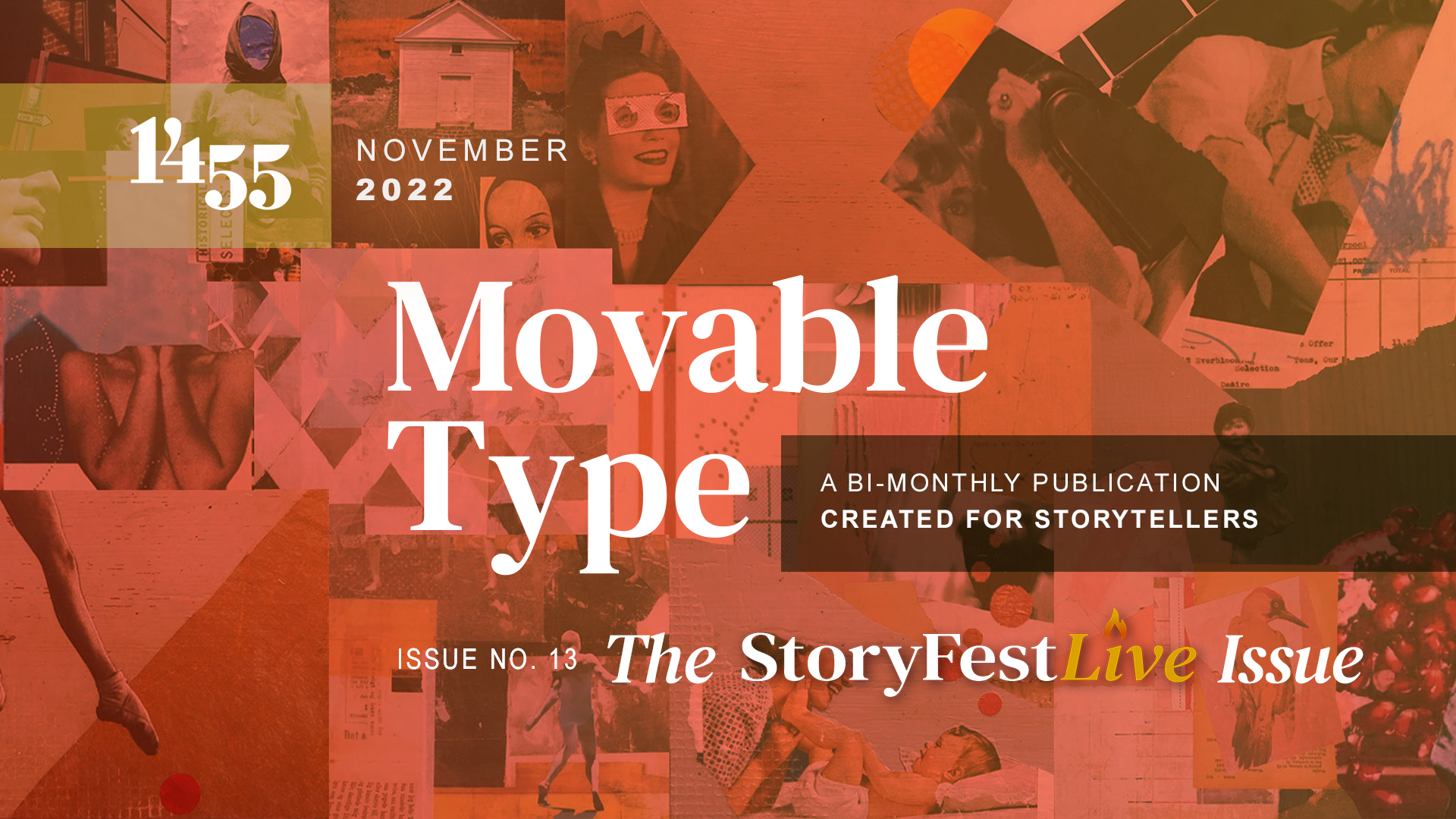David Ebenbach
Speaking of our friend Ron Charles, here’s what he had to say about the poet David Ebenbach in his latest weekly Washington Post Book Club newsletter: “There’s something reassuring about the way Ebenbach writes about even the most troubling issues of our time. His poems, often deceptively gentle, offer a kind of tender good humor born of long-suffering patience. This poem from his new collection, What’s Left to Us by Evening, speaks to the fraught political climate without needing to mention it.” We look forward to featuring David in our monthly Author Series in early 2023 (stay tuned for details) and it’s our great pleasure to showcase some poems from his new collection.
Poems
Plague City
From the window sometimes I see a person
walking a dog; the dogs have to walk no matter
who’s sick. They are energy compressed.
Sunlight leans on them and their nervous owners.
After two long weeks I go out, because I need
to go out, to the cherry trees. There are a few people
and dogs out here, and I duck them all, around
cars and signposts, winding up the hill.
Two blocks of sunlight. Then the cherries:
clouds, fields of cotton, a reversal of something.
A surrounding. Which is to say that they
have bloomed, heedlessly, wantonly, with
determination. They spray the air white, pink.
It’s almost like they don’t need us.
Picking
We pay to pick apples and raspberries; we ask
the tour guides at Alcatraz to lock us in.
Put our heads and hands in the stocks,
walk through slave quarters with heads
ducked, cross the hushing sand
of the old island synagogue. We raise our kids
in a wax museum of tragedy, where they
fake their deaths a thousand times.
Schindler’s List is on, but it’ll push dinner
back; we watch it in pieces. In the sun
we stand up and rest a few minutes. Who
chose this outing? Tomorrow is the
reenactment of Manassas. All I have
is this blue coat, my grandfather’s, Coast Guard
because he stayed home with bad eyes.
It still has some of the original
buttons. In this museum, I carry the passport
of someone who died. Our children
ask for pie.
Saturday Morning
Despite everything, sun finds the synagogue window.
Despite everything, stretches into the sanctuary—
whitening the white walls, polishing the wood floors,
touching shoulders and hair with warm hands—
finds us gathered from our many daily exiles,
already singing.
Falling
I’m going to write a poem about joy, that thing
some poets know about, and the poem will come out
in long lines, maybe even a single sentence, so that everyone—
the poet and the reader—will be rushing, tumbling almost,
toward the finish, breath drawing down the throat, and the lines will break
into lists of the things that bring pleasure—the scent of leaves
at the window, Kind of Blue, the perfect smoothness of peanut butter in a new jar,
a rectangle of light on the afternoon’s wood floor, the car starting mid-winter,
untangled fur to the touch—and the reader will collect these things, like marbles,
like hundreds of marbles, in their arms—and partly the joy will come
from losing these joys, being unable to hold them—picture marbles
overflowing from your arms, falling to the floor, which is now carpeted,
so that their landing is more like the oomph of sudden pleasure deep in the chest,
and all around your feet is color, round and bright, and you hesitate to take
a single step lest you slip on some of this happiness, fall too heavily
among the things you always wanted.

David Ebenbach is the author of nine books of poetry, fiction, and non-fiction, including his new poetry collection What’s Left to Us by Evening (Orison Books). His books have won such awards as the Juniper Prize and the Drue Heinz Literature Prize, among others. He lives with his family in Washington, DC, where he teaches and supports graduate student and faculty teaching at Georgetown University.
Website: davidebenbach.com
Twitter: @debenbach
Instagram: @davidebenbach
Facebook: facebook.com/david.ebenbach


